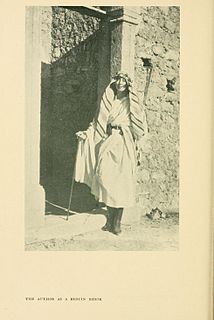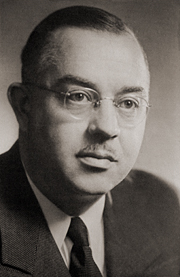A Quote by Mary C. Gentile
The whole endeavor becomes less about a constraint on action and rather about helping us to be more of who we would actually like to be, at our best and if we felt it were possible. Rather than positioning effort as being about "thou shalt not," it becomes all about "can do!"
Related Quotes
Christian morality (so called) has all the characters of a reaction; it is, in great part, a protest against Paganism. Its ideal is negative rather than positive; passive rather than action; innocence rather than Nobleness; Abstinence from Evil, rather than energetic Pursuit of Good: in its precepts (as has been well said) "thou shalt not" predominates unduly over "thou shalt.
All of the Ten Commandments that are good were old; all that were new art foolish. If Jehovah had been civilized he would have left out the commandment about keeping the Sabbath, and in its place would have said: "Thou shalt not enslave thy fellow-men." He would have omitted the one about swearing, and said: "The man shall have but one wife, and the woman but one husband." He would have left out the one about graven images, and in its stead would have said: "Thou shalt not wage wars of extermination, and thou shalt not unsheathe the sword except in self-defence.
But I'd rather help than watch. I'd rather have a heart than a mind. I'd rather expose too much than too little. I'd rather say hello to strangers than be afraid of them. I would rather know all this about myself than have more money than I need. I'd rather have something to love than a way to impress you.
In my own musical existence I don't feel that being a guitar player is like the best thing on earth to be. I would rather be a balanced musician. Playing in a group, I'm tending to think more about the music and less about the guitar. That's just me getting older. I'm not interested in being a virtuoso guitar player or anything like that.
When we truly understand what it means to love as Jesus Christ loves us, the confusion clears and our priorities align. Our walk as disciples of Christ becomes more joyful. Our lives take on new meaning. Our relationship with our Heavenly Father becomes more profound. Obedience becomes a joy rather than a burden.
Perhaps generations of students of human evolution, including myself, have been flailing about in the dark; that our data base is too sparse, too slippery, for it to be able to mold our theories. Rather the theories are more statements about us and ideology than about the past. Paleontology reveals more about how humans view themselves than it does about how humans came about, but that is heresy.
It seems that wherever the Welfare State is involved, the moral precept, "Thou shalt not steal," becomes altered to say: "Thou shalt not steal, except for what thou deemest to be a worthy cause, where thou thinkest that thou canst use the loot for a better purpose than wouldst the victim of the theft."
































